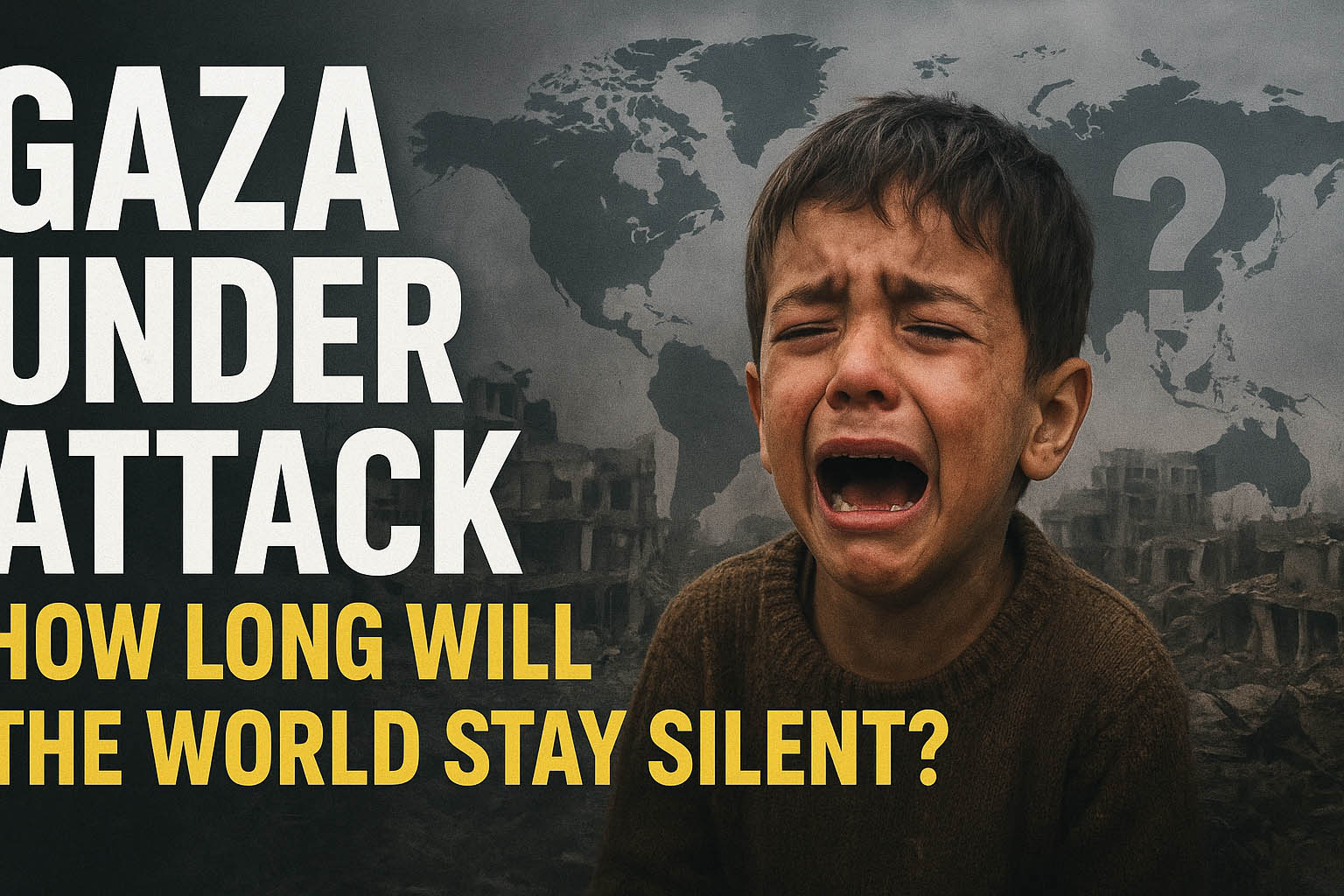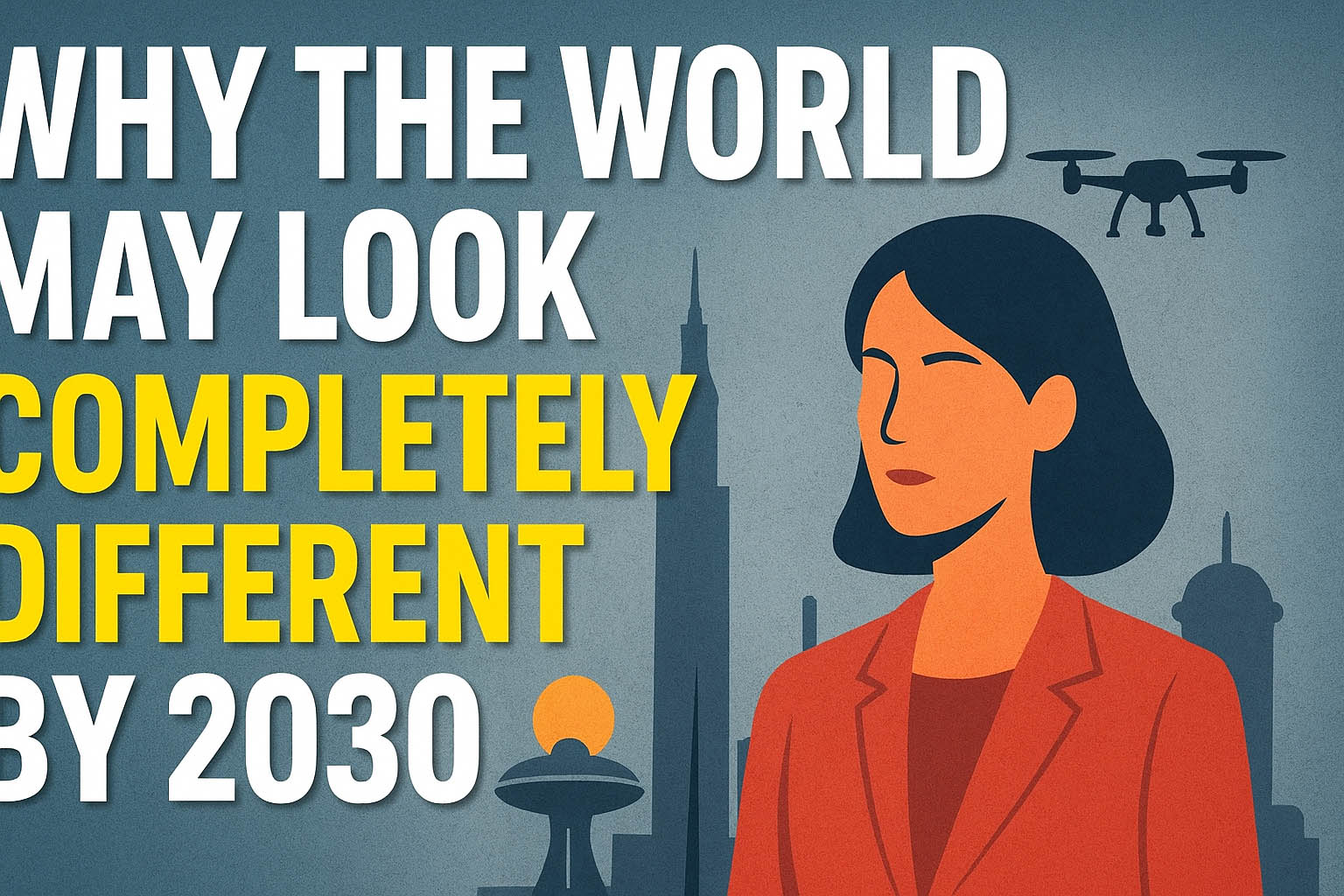In 1985 General Zia-ul-Haq held non-party elections in the country which the Pakistan Peoples Party (PPP) boycotted. The Pakistan Muslim League was formed and Mohammad Khan Junejo was made Prime Minister. The opposition in the country remained strong.
Mohammad Khan Junejo originally belonged to the Muslim League of Pir Pagara. Pir Pagara advised General Zia to appoint Junejo — a respected senator, statesman and former Railway Minister — instead of Elahi Bux Soomro. Junejo enjoyed a good reputation and Pir Pagara had full confidence in him. During his roughly two-and-a-half-year government he did not take political revenge against anyone. He was committed to democracy; his priority was to end martial law and restore democratic rule.
When in 1986 PPP’s exiled chairperson Benazir Bhutto announced her return, Punjab’s Chief Minister Nawaz Sharif — an ally of General Zia — was in power. Prime Minister Junejo decided not to obstruct Benazir’s return and gave the PPP full freedom to prepare her reception in Lahore. As a result, Benazir’s historic welcome in Lahore went ahead. It was said that General Zia was not pleased, but Prime Minister Junejo allowed Benazir to hold rallies across the country without government interference because he himself supported democratic restoration. Although Benazir and the prime minister were political rivals, Junejo did not harbor vindictiveness or seek revenge; he preferred democratic politics.
Benazir’s PPP formed the government for the first time in 1988; Nawaz Sharif’s government followed in 1990. Between them they each served two terms up to 1999. During that period, both sides used accountability and political retaliation: political firings, false cases, and arrests of rival party leaders became commonplace. They held mass rallies to topple each other’s governments. As a result, no government completed its full term — both used presidential powers under Article 58-2(b) to dismiss each other’s administrations, taking revenge and celebrating the ousters. The net result was a weakening of democracy and the rise of revenge politics.
In 1999 General Pervez Musharraf removed Nawaz Sharif from power. Benazir publicly welcomed the ouster, but instead of supporting her politically, Musharraf targeted both former prime ministers with legal cases and both went into exile. Later, in London, they signed an understanding — a charter of democracy — vowing not to engage in vendettas or political revenge against each other if they returned to power. That promise largely held: in 2008 the PPP completed its five-year term, and in 2013 the PML(N) completed its five years — the first time either party had served a full term since the 1990s.
From 2008 to 2018, despite some grievances, President Asif Ali Zardari and the prime minister maintained reasonably cordial relations. When Zardari’s presidential term ended, the prime minister hosted a farewell luncheon — a sign of political civility and a healthy precedent.
However, planning to unseat both ruling parties began around 2011, with Pakistan Tehreek-e-Insaf (PTI) being groomed as an alternative. After the 2013 PML(N) government came to power, PTI staged a 126-day sit-in in Islamabad in 2014 backed by certain institutional support to try to remove the PML(N) government — a move both major parties united to resist. The judiciary later disqualified both prime ministers in separate instances, and the experiment to bring a new government succeeded in 2018 when PTI’s leader took power.
PTI’s government then escalated a politics of revenge and retaliation to new heights, launching large-scale accountability drives and using state mechanisms against political opponents. In 2022, PML(N) and PPP joined forces to pass a constitutional no-confidence motion that removed the PTI leader from power.
Now PTI and its founder argue that the two major parties have subjected them to political revenge. Opponents say this is payback: those who once used false cases and arrests against rivals are now facing the consequences. The establishment parties respond that they are not seeking revenge; rather, courts are delivering punishments for actual crimes — and that PTI had done the same when it governed.
But history shows this cycle is old: revenge politics has long been part of our political culture and continues to return, regardless of which party is in power. The parties that once victimized opponents now find themselves complaining. If political retaliation and revenge are rejected as principles, then all three major parties need to sit together and find a way out.



